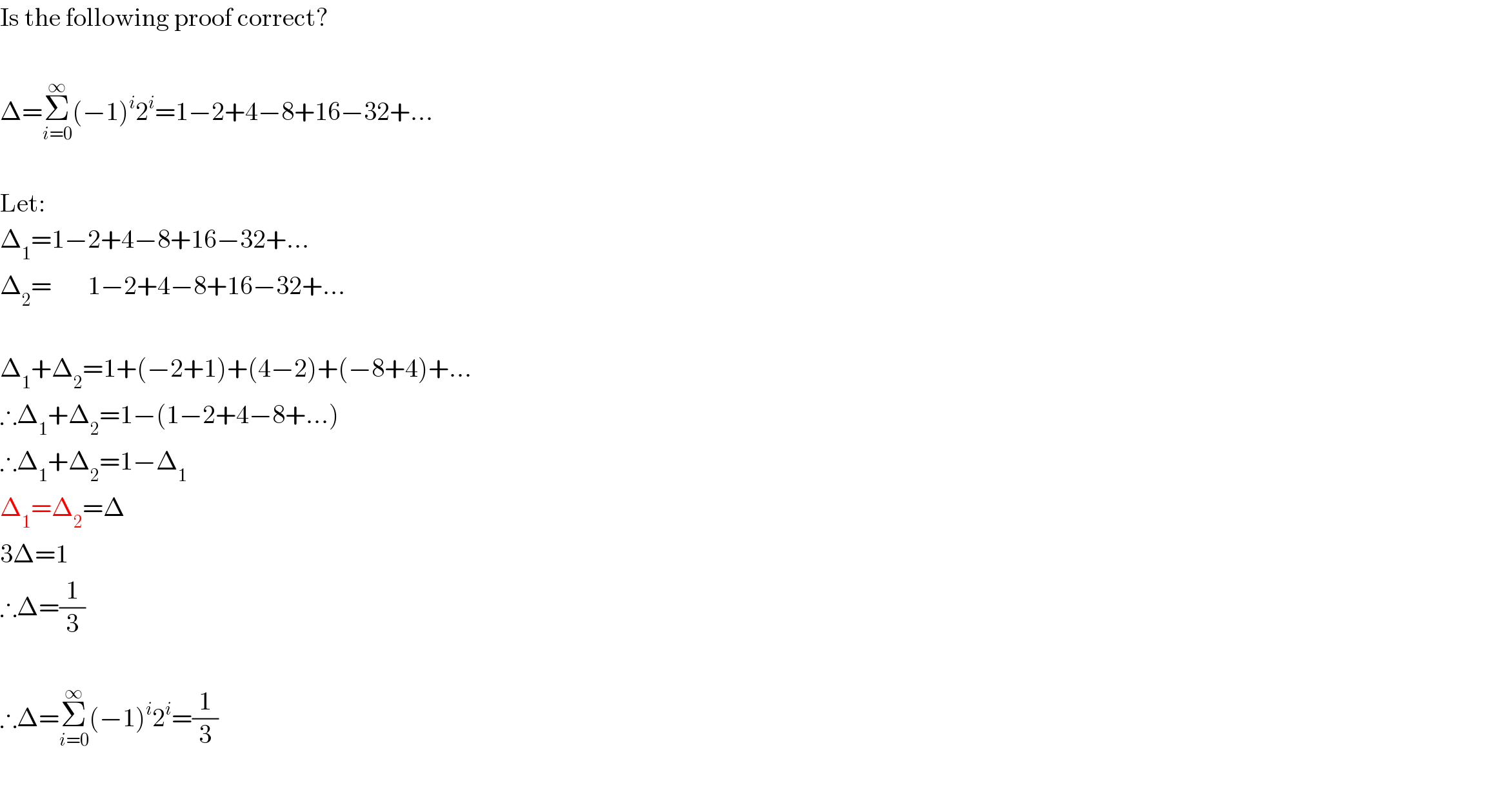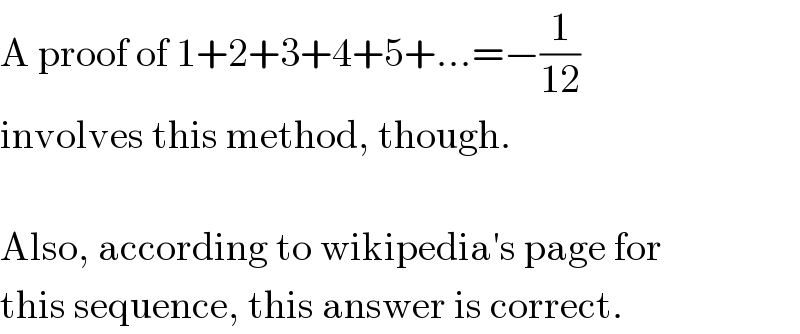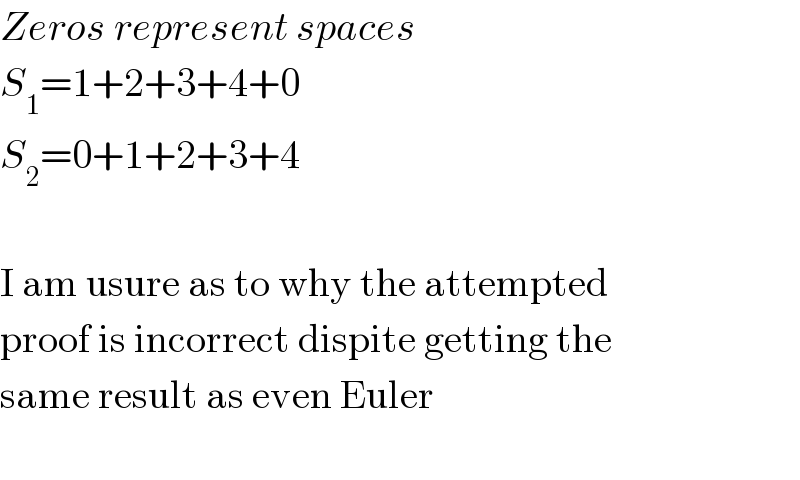
Question and Answers Forum
Question Number 2138 by Filup last updated on 06/Nov/15

Commented by prakash jain last updated on 04/Nov/15

Commented by Filup last updated on 04/Nov/15

Commented by Filup last updated on 04/Nov/15

Commented by prakash jain last updated on 04/Nov/15

Commented by 123456 last updated on 04/Nov/15

Commented by Filup last updated on 04/Nov/15

Commented by prakash jain last updated on 04/Nov/15

Commented by Filup last updated on 04/Nov/15

